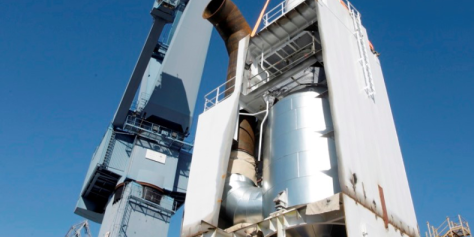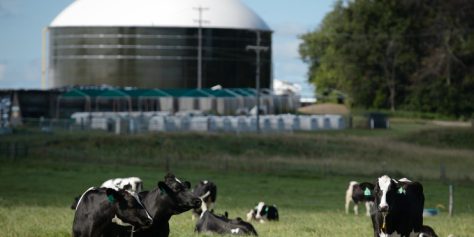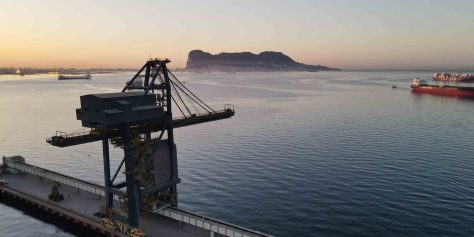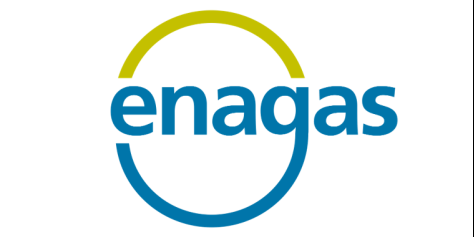The number of houses using exhaust gas cleaning systems, better known as "scrubbers", has grown from just three houses in 2008 to more than 4,300 in 2020. Although scrubbers are effective in reducing sulfur dioxide emissions ( SO2) in the air, sulfur and other pollutants removed from the exhaust gases - including carcinogens such as polycyclic aromatic hydrocarbons (PAHs) and heavy metals - are discharged overboard as wash water, also called flush water .
The European Biogas Association (EBA), Gas Infrastructure Europe (GIE), the Natural Gas and Vehicle Biogas Association (NGVA Europe) and SEA-LNG published a joint document, which demonstrates the concrete benefits of using BioLNG to decarbonize hard-to-beat transportation sectors through the provision of the latest facts and figures.
Endesa has planned an initial investment of around 15.6 million euros, which after a detailed study and the incorporation of the latest technology on the market, will rise to more than 30 million euros for the adaptation of the facilities before 2023 After receiving authorization to extend the concession term of the current facility, by the Port Authority of Bahía de Algeciras, the new terminal will reach a storage capacity of around 4,080 cubic meters and a volume of energy managed per year 1,100 GWh.
LPG fueling can be done in a number of ways, from terminals, refineries, onshore trucks, small LPG transport vessels or barges. There are more than 1,000 LPG storage facilities around the world that can be used for LPG fueling, and more than 700 small LPG vessels that can be used for vessel fueling.
The EU will allocate around 27 million euros to the start-up of two projects in Spain through the Connect Europe CEF (Connecting Europe Facility) mechanism, which promotes more sustainable and efficient transport. Specifically, the European Commission will support, among others, the development of two new projects for the supply of liquefied natural gas (LNG) to ships –bunkering- in the ports of Barcelona and Algeciras, coordinated by Enagás
The Committee for the Protection of the Marine Environment of the International Maritime Organization (IMO) has approved draft new mandatory standards to reduce the carbon intensity of existing ships. The draft amendments to the MARPOL Convention would require ships to combine a technical and an operational approach to reduce their carbon intensity






